EV Batteries and E-waste
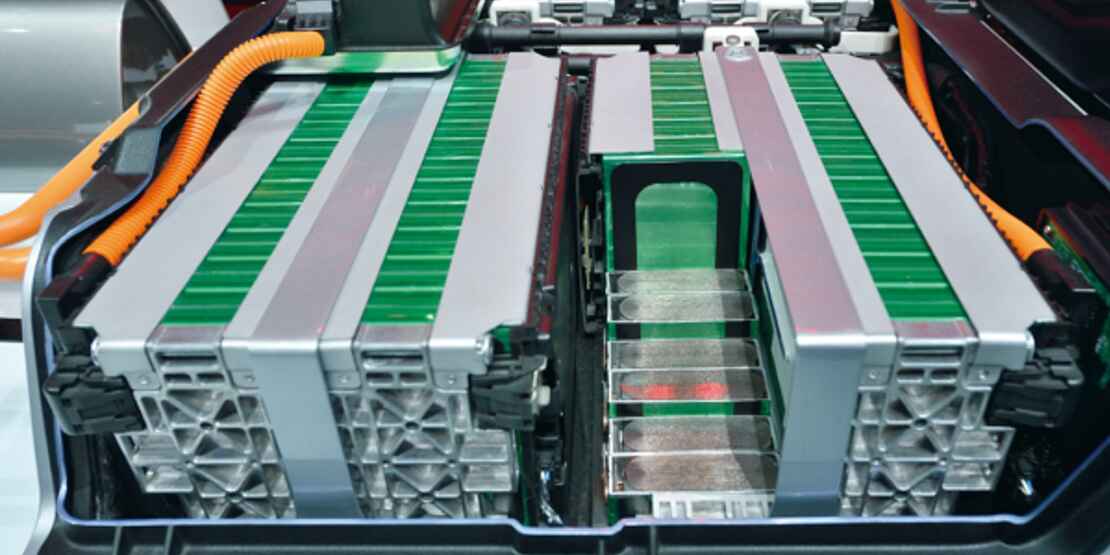
AUG 08,2024
Electric vehicles (EVs) have gained significant popularity in recent years due to their environmental benefits and lower operating costs compared to traditional combustion engine vehicles. However, as EVs become more prevalent, concerns have arisen about the impact of their batteries on the environment. One concern is the potential for electric vehicle batteries to create an e-waste situation.
E-waste, or electronic waste, refers to any discarded electronic device or equipment. E-waste can contain hazardous materials that can harm human health and the environment. As EVs rely on batteries, concerns have arisen about the potential for these batteries to become a significant source of e-waste.
The issue arises because of the nature of the batteries used in EVs. Lithium-ion batteries, which are currently the most common type of battery used in EVs, are made up of various materials such as cobalt, nickel, and lithium. While these materials are recyclable, the recycling process is currently expensive and requires a significant amount of energy.
Moreover, the current recycling rate for lithium-ion batteries is low, with only about 5% of lithium-ion batteries being recycled globally. This means that the vast majority of these batteries are currently being discarded as e-waste, leading to environmental concerns.
Another issue is that as the popularity of EVs continues to grow, the demand for lithium-ion batteries will increase. This increased demand could lead to the over-mining of metals such as cobalt and nickel, which are used in the production of these batteries. The mining process for these metals can be harmful to the environment and can have negative impacts on the health of workers in the mining industry.
To address these concerns, there is a need for improved battery recycling technologies and increased awareness of the importance of properly disposing of electronic devices. In addition, efforts to reduce the use of materials such as cobalt and nickel in battery production could help reduce the environmental impact of EV batteries.
While the use of EVs has many benefits, it is essential to consider the potential environmental impact of their batteries. By developing sustainable recycling technologies and reducing the use of certain materials, we can help mitigate the e-waste problem associated with EVs and move towards a more sustainable future.
Reference by:- Times of India
More Relevant

Mining Technology
The cost of green energy: lithium mining’s impact on nature and people
News
Head of the environmental unit of Chile's Atacama Indigenous Council, Francis Mandoca, states that lithium mines ruin one zone to satisfy another.
read more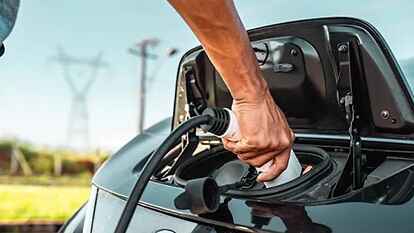
Financial Express
The Need for Recycling EV Lithium-ion Batteries to Sustain the EV Industry in India
News
Beyond environmental benefits, establishing a robust Lithium-ion battery recycling industry in India can numerous economic opportunities.
read more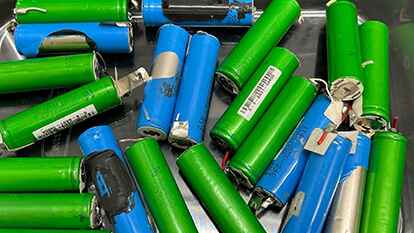
Times of India
Lithium-ion battery recycling and sustainability
News
Lithium-ion battery recycling entails a series of intricate steps, each playing a crucial role in transforming discarded batteries into reusable.
read more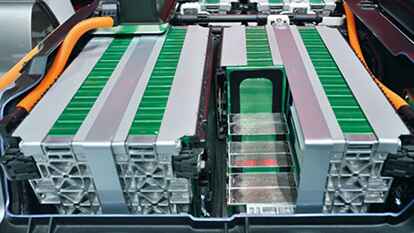
Times of India
EV Batteries and E-waste
News
Electric vehicles (EVs) have gained significant popularity in recent years due to their environmental benefits and lower operating costs compared to traditional combustion engine vehicles.
read more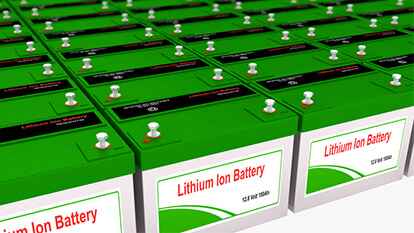
Euro News
Demand for lithium-ion batteries is unprecedented - but is mining the
News
To get the enormous mining operations in the frame, I chartered a small aeroplane and flew high above them Hegen.
read more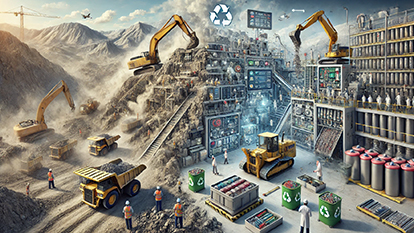
Economics Times
What should be India’s Lithium(Li) Ambition?
News
India is striving to establish reliable lithium supply to bolster its growing electric vehicle (EV) industry.
read more
EUAuto
India-EU collaboration boosts EV battery recycling startups
News
The discussion emphasised the importance of collaboration between Indian and European startups in EV battery recycling technologies...
read more
